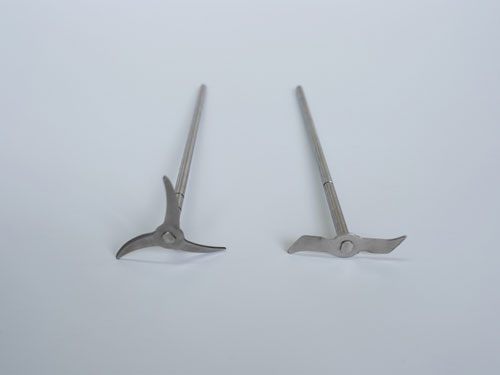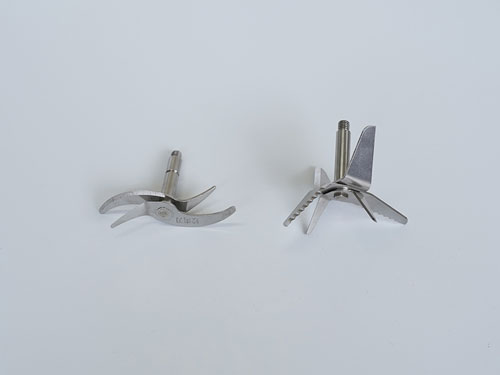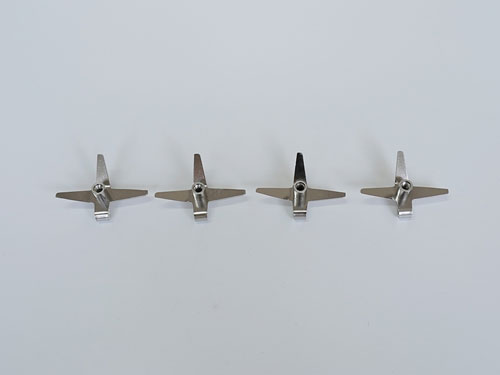

Firstly, let's talk about the material selection of juicer blades. This material is very important for blades. The stainless steel blades used in some inferior juicer products not only have poor thickness, hardness, and manufacturing processes, but also compromise the juicer's ability to mix hard food materials. What is even more worrying is that the continuous use and heating of inferior materials in the wall breaking machine can precipitate harmful substances during the cleaning process. Therefore, in the selection of blade materials, food grade fine steel materials can meet the needs of juicers. Of course, the first factor in ensuring material quality is the choice of brand. Otherwise, the merchant will blow the product to the ceiling and regret buying it for a period of time.

Next is the design of the juicer blades, which refers to the shape of the blades. How can I find the most suitable juicer? If the merchant tells you that our wall breaking machine blades are very sharp and can increase the wall breaking rate, then it is definitely unreliable. A juicer does not rely on sharp blades to pierce cell walls, but rather relies more on friction at high speeds. Therefore, it is reasonable to design the blades of a juicer as blunt blades because they are sharp and ineffective. Blunt blades can increase the friction area and ensure safety.





.jpg)
.jpg)